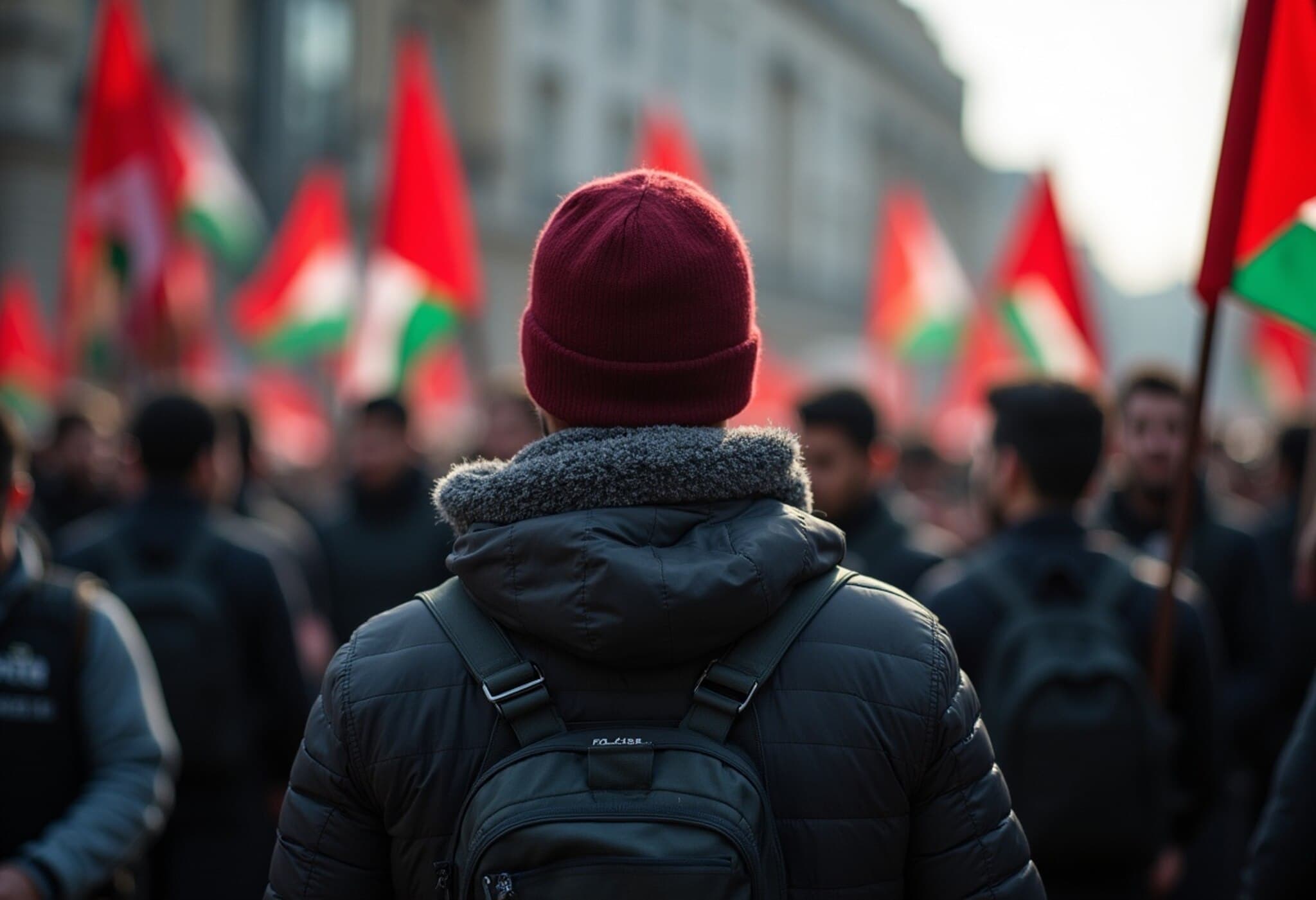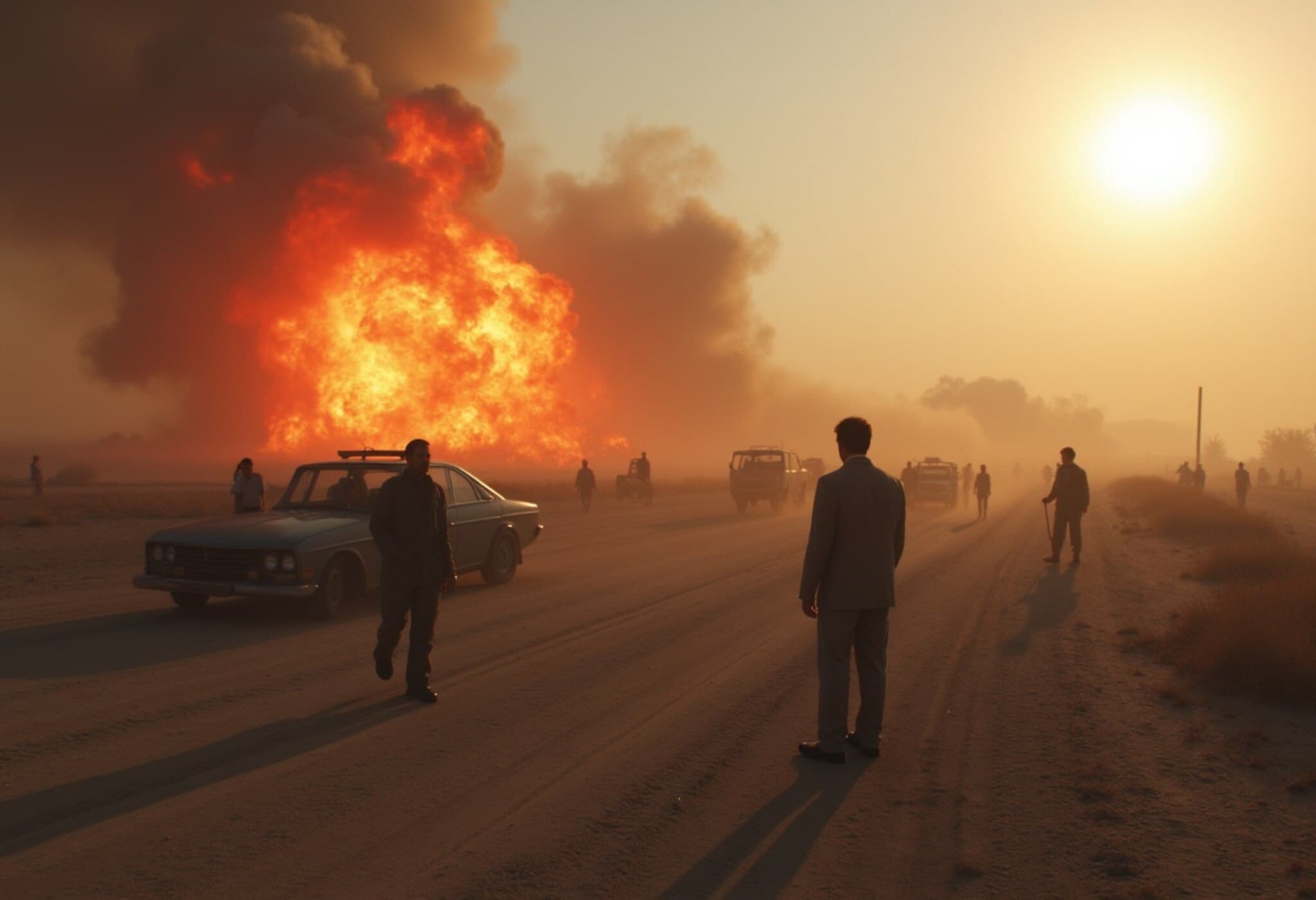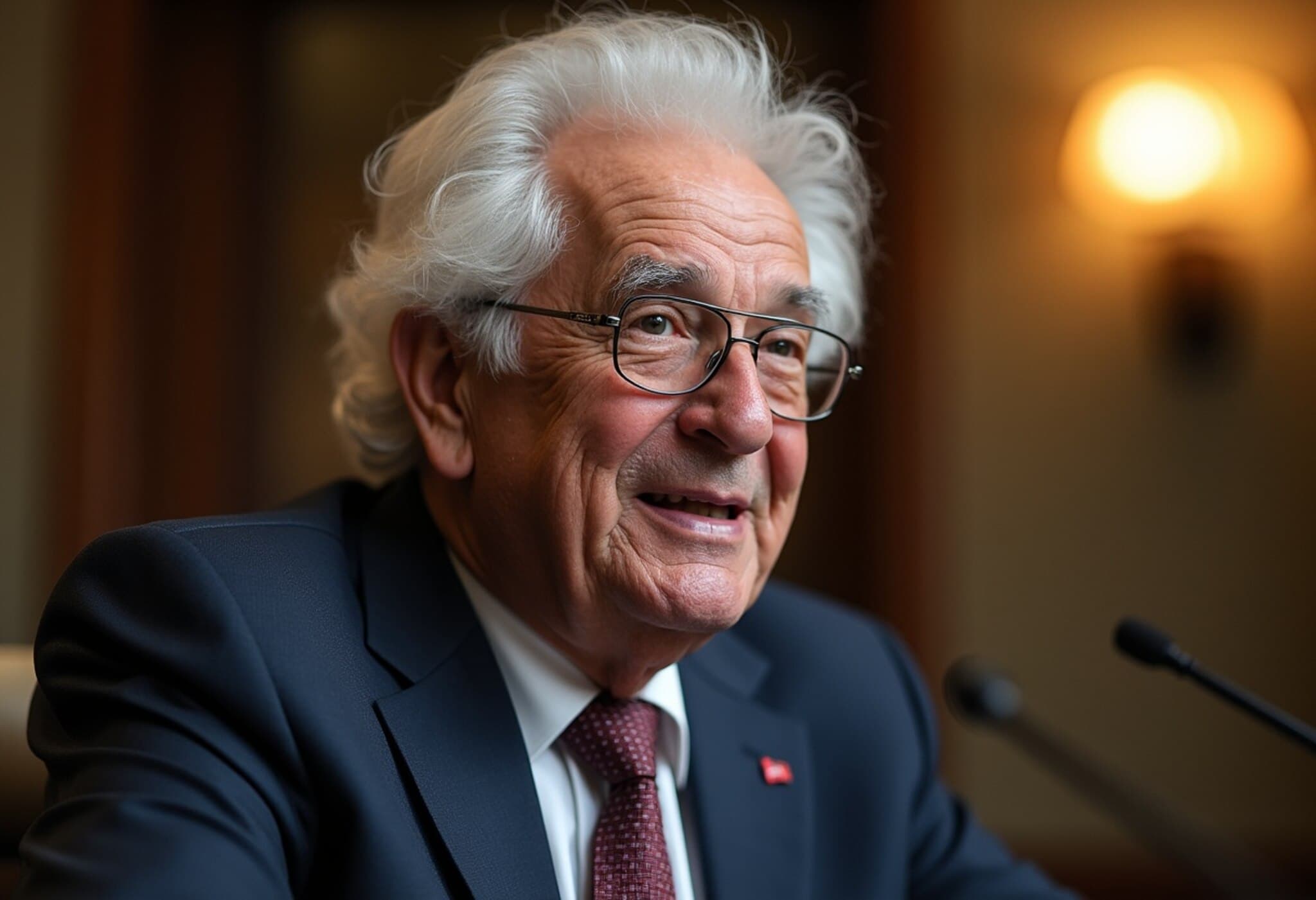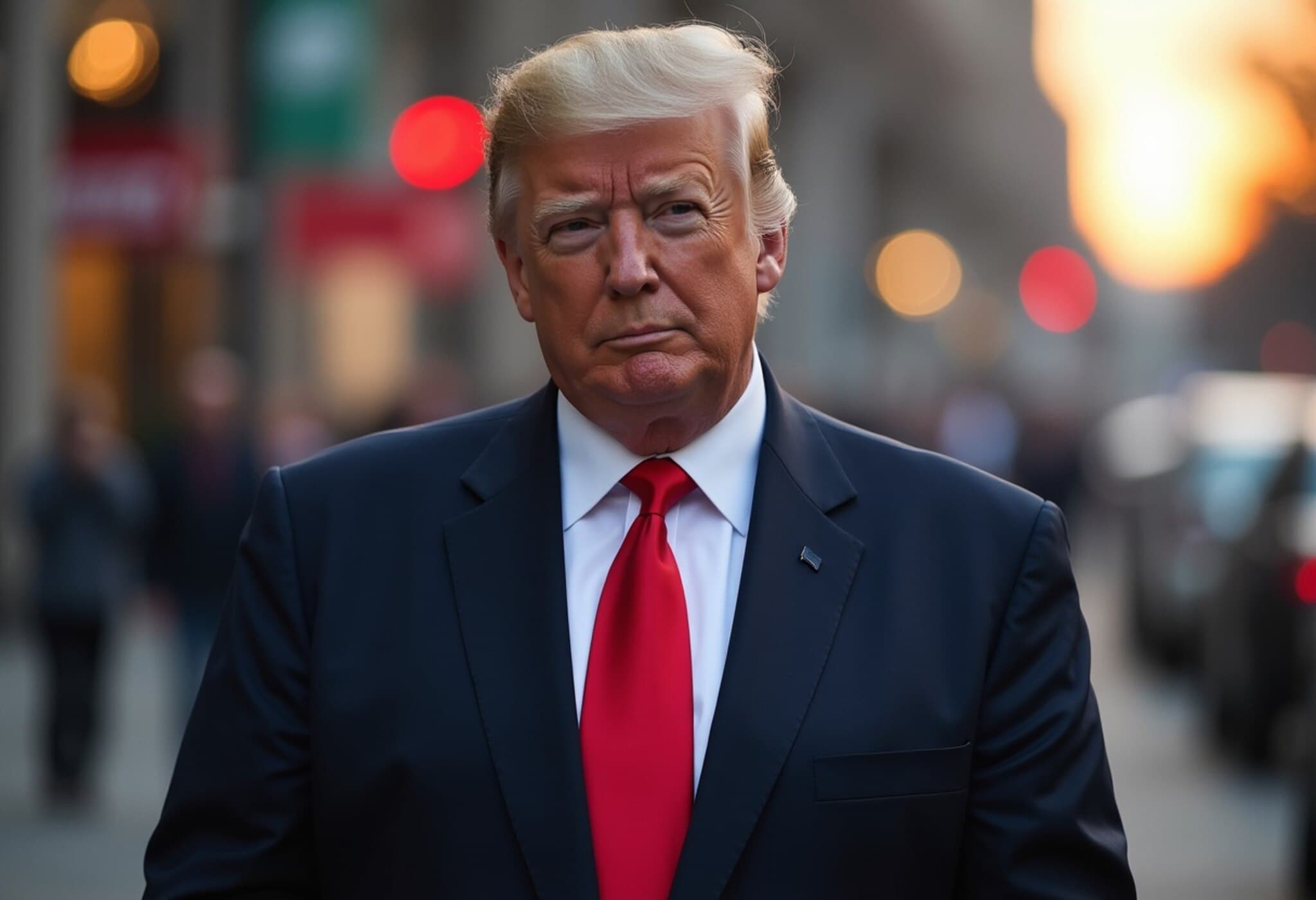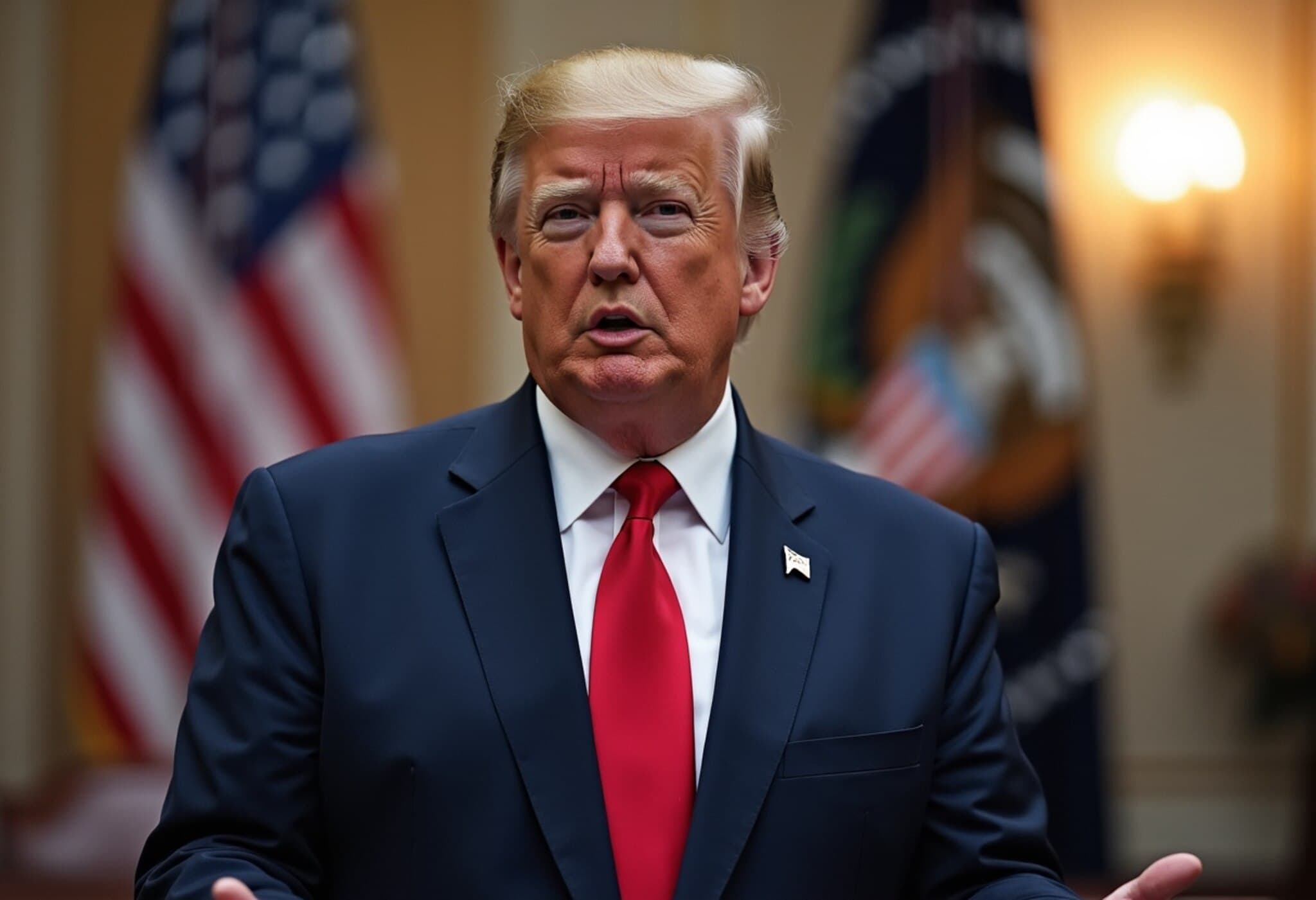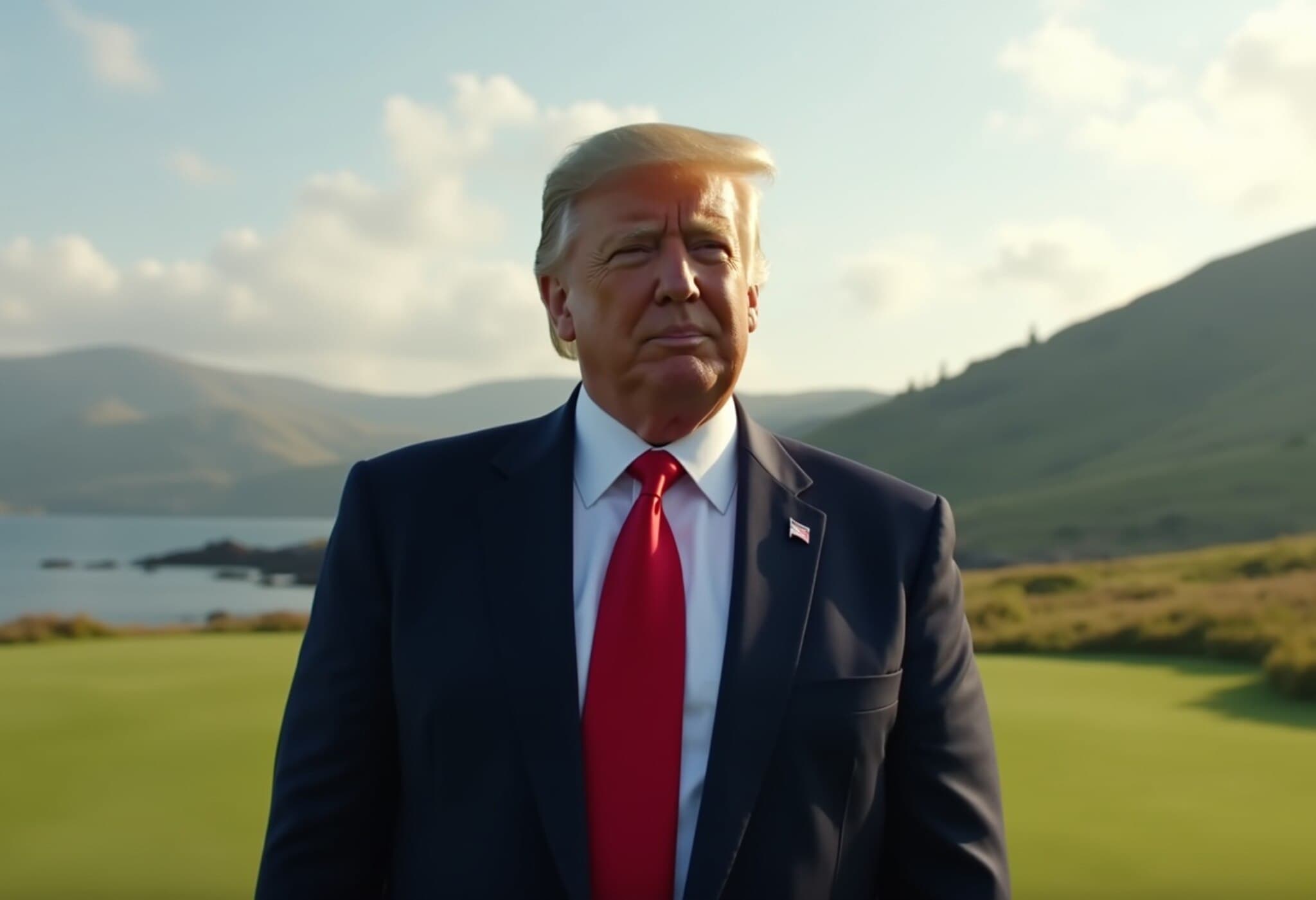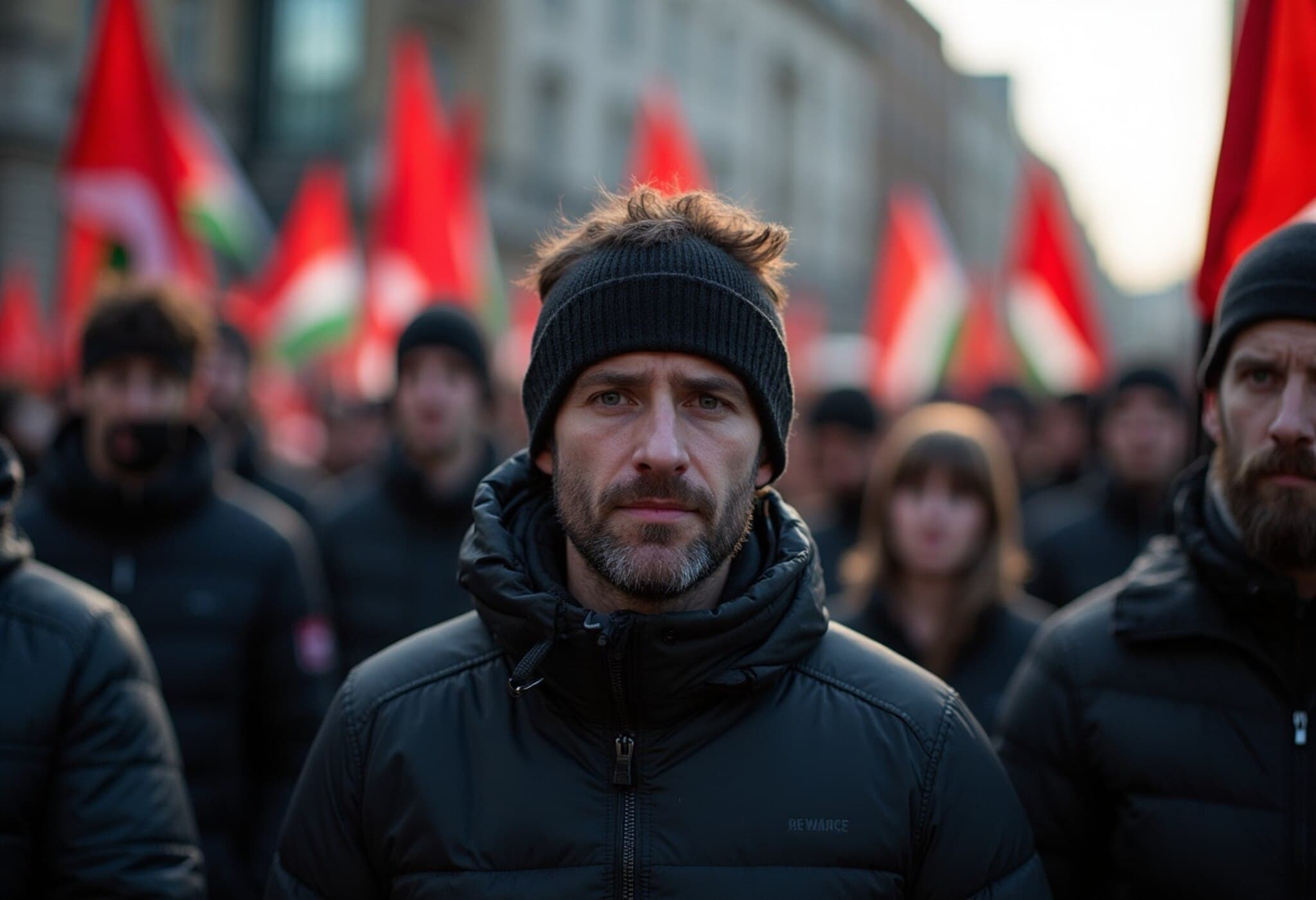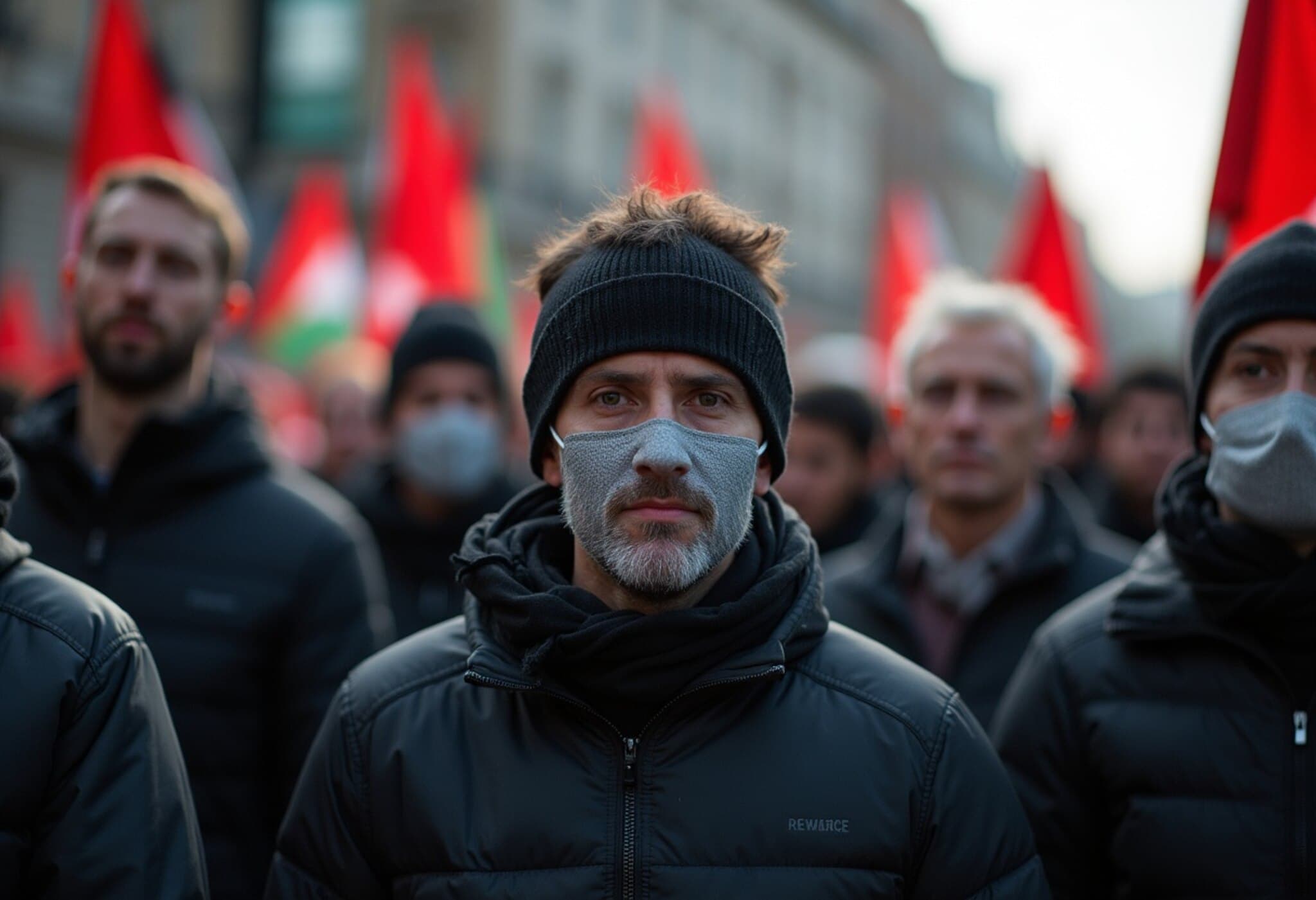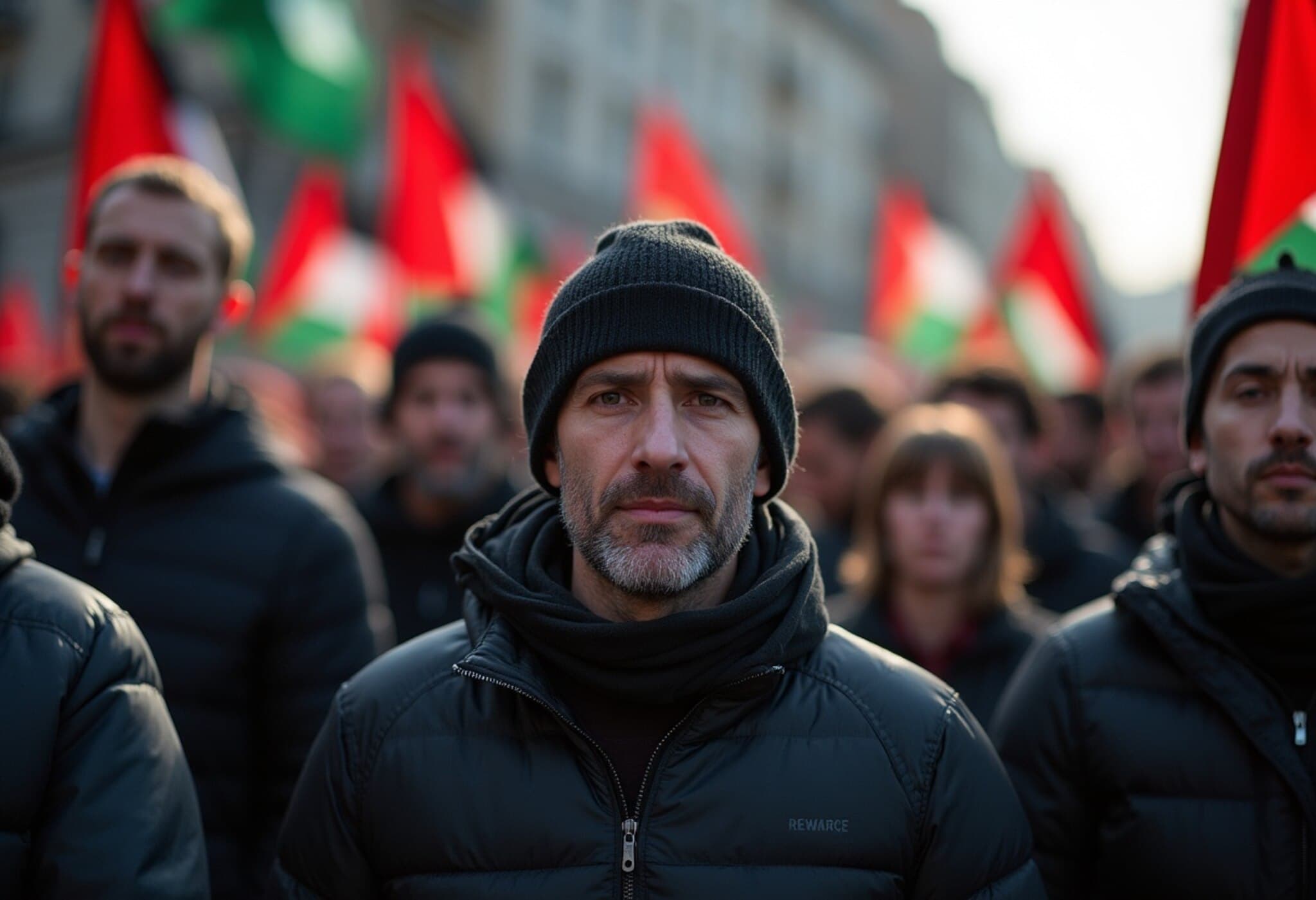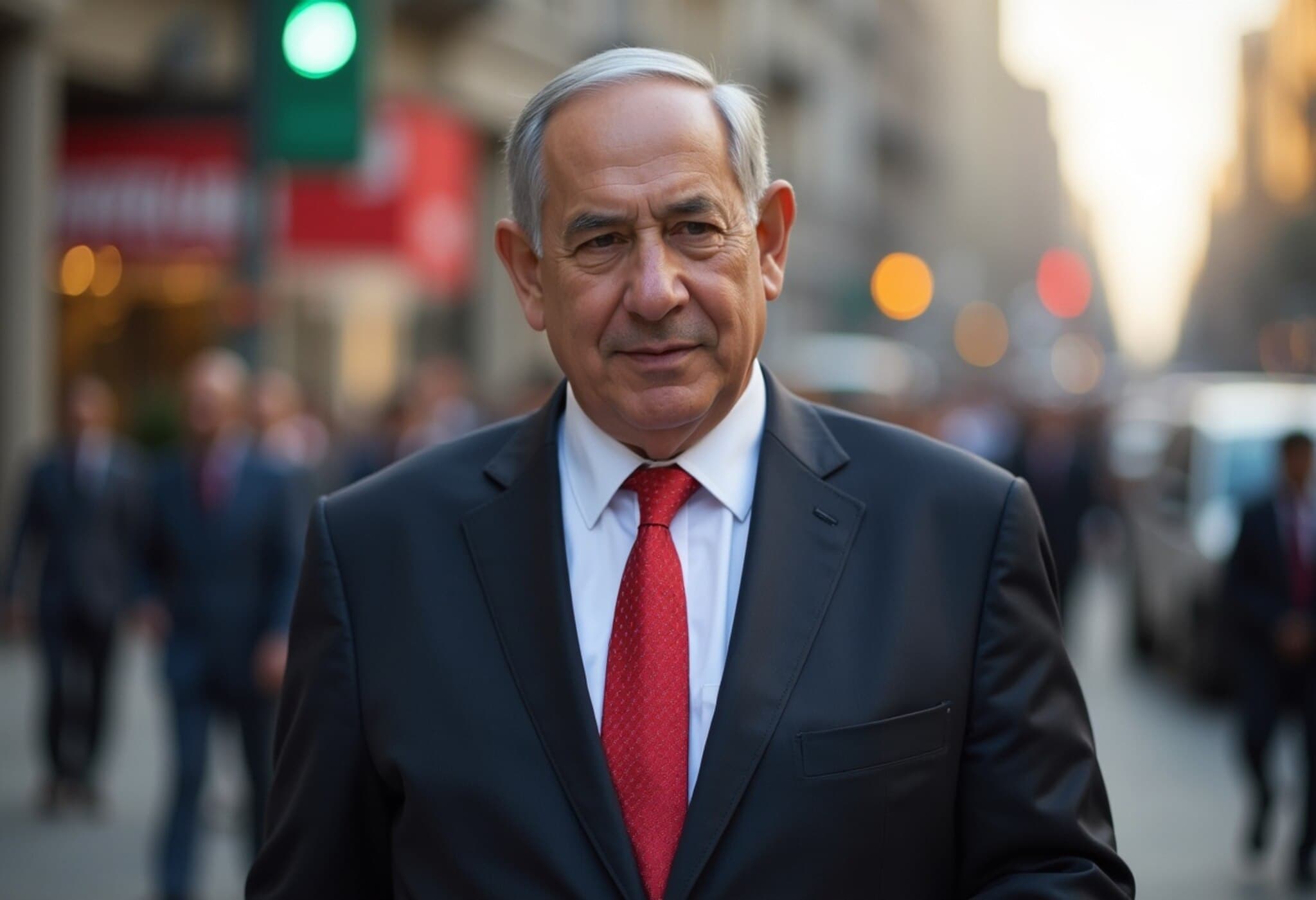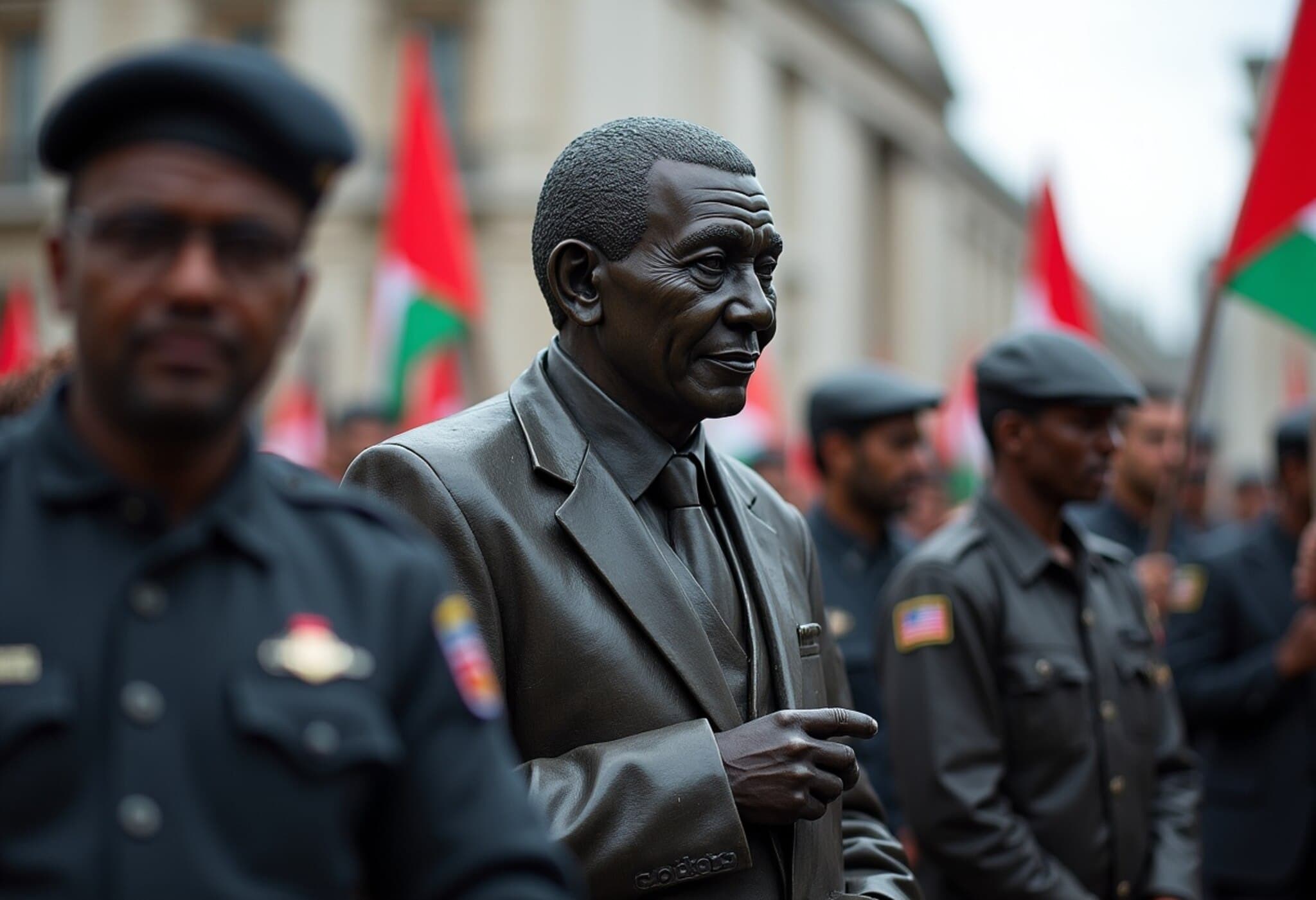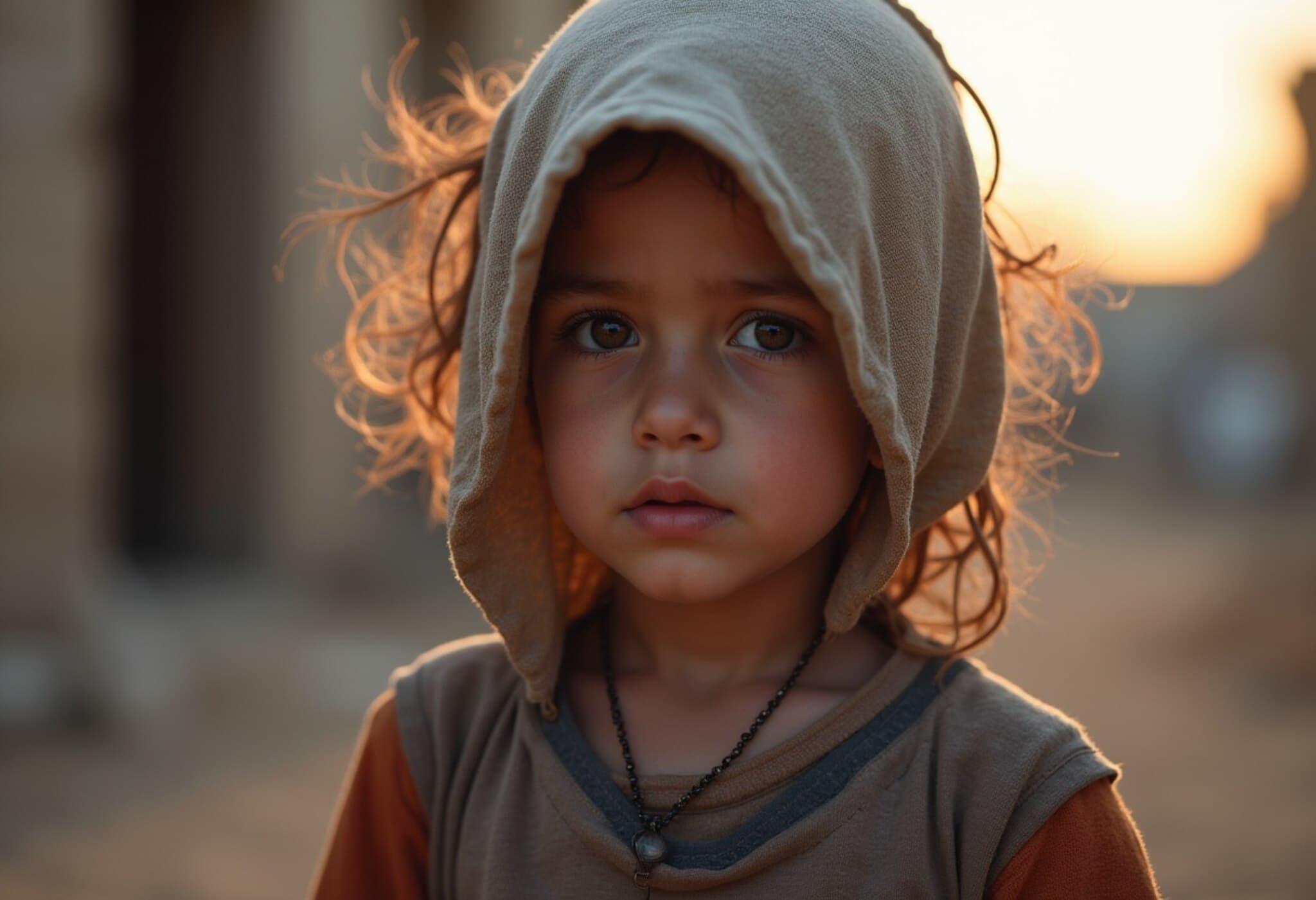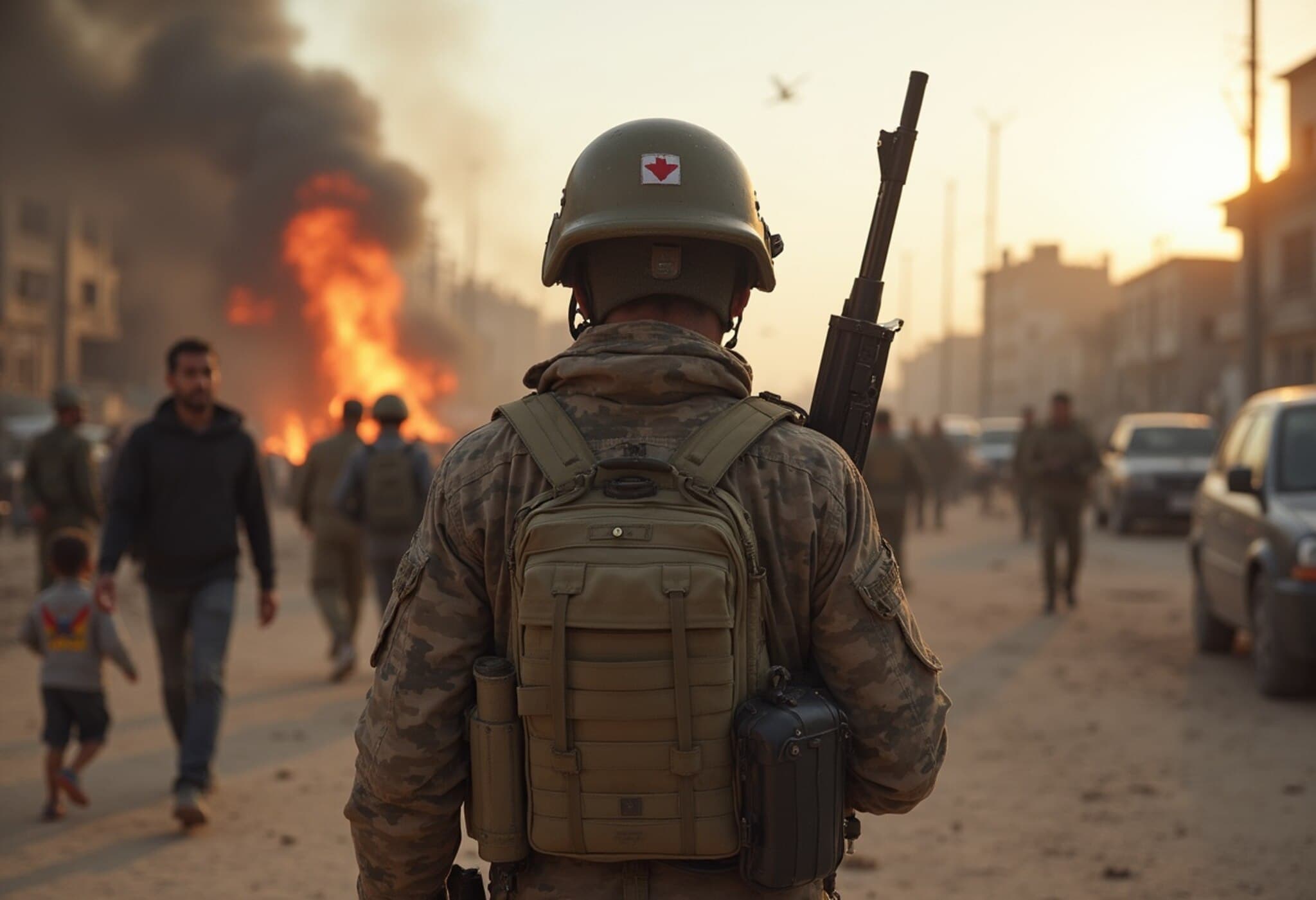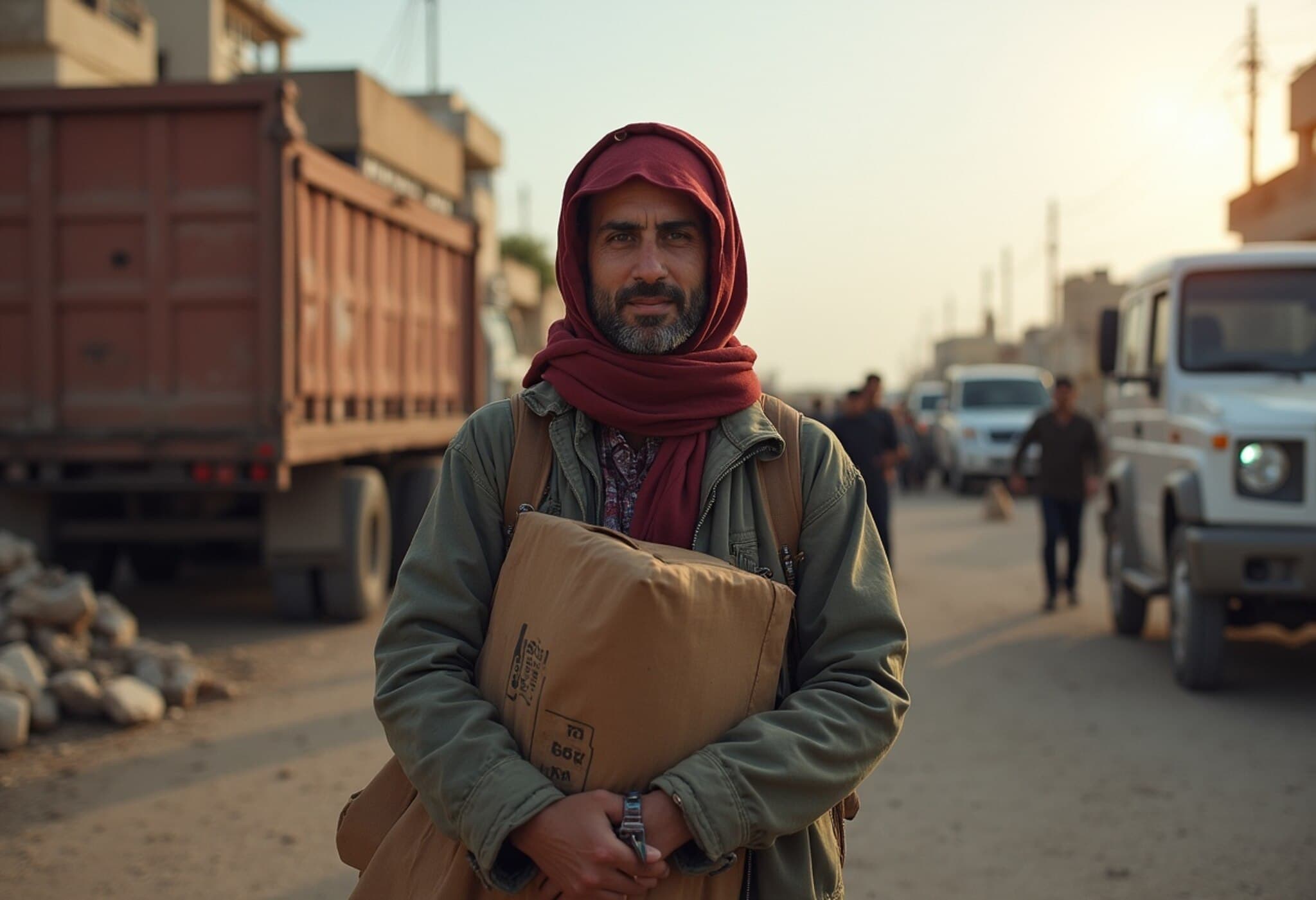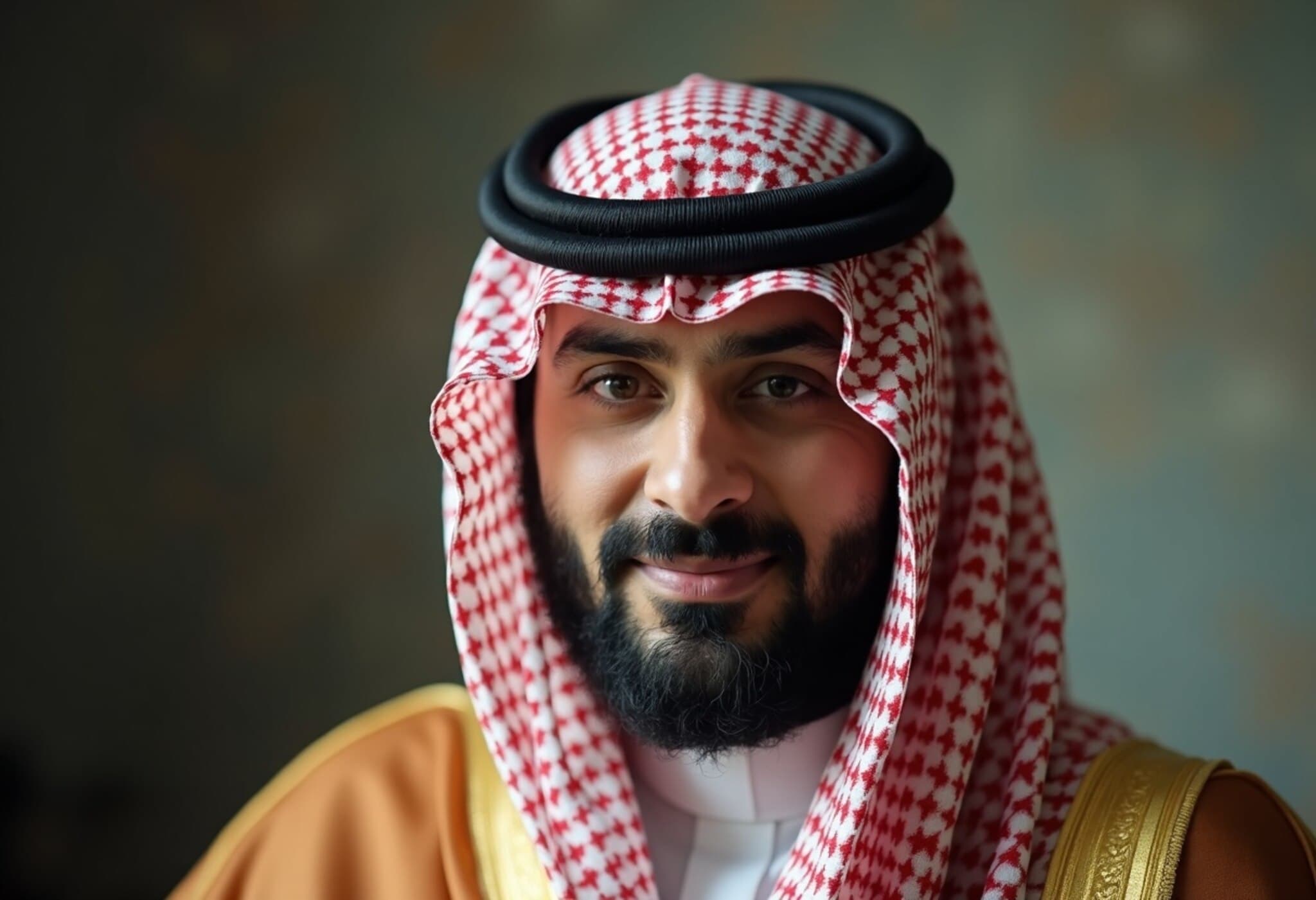Massive UK Demonstrations Surge as Authorities Crack Down on Outlawed Palestine Action
On July 20, 2025, the United Kingdom witnessed a wave of protests across major cities including London, Manchester, Edinburgh, Bristol, Londonderry, and Truro. Demonstrators rallied for Palestinian rights, holding placards proclaiming statements such as “I oppose genocide, I support Palestine Action.” These gatherings marked the third consecutive weekend of public dissent following the UK government's designation of Palestine Action as a terrorist organization. The designation has led to sweeping arrests, with nearly 100 protesters detained nationwide during Saturday's demonstrations.
Background: The Ban on Palestine Action
Palestine Action, a grassroots activist group campaigning against UK military support for Israel, was banned after a high-profile incident on June 20. Activists had infiltrated the Royal Air Force base at Brize Norton in Oxfordshire, damaging two military tanker planes with red paint and crowbars as a form of protest against British complicity in the Israel-Hamas conflict.
Following this, Parliament swiftly enacted legislation criminalizing membership or support for Palestine Action, carrying penalties of up to 14 years in prison. This legislative move has sparked intense debate regarding freedom of expression versus national security, highlighting the delicate balancing act governments face during times of international conflict.
Policing and Arrests: Enforcement of New Terrorism Legislation
In anticipation of the weekend protests, law enforcement agencies increased their presence, particularly in London’s Parliament Square, to monitor demonstrations and ensure public order. Deputy Assistant Commissioner Ade Adelekan emphasized the police's commitment to protecting peaceful protests while warning of consequences for those infringing the law.
The Metropolitan Police reported arresting 55 protesters in London alone under Section 13 of the Terrorism Act 2000, primarily for displaying placards in support of the proscribed group. By late afternoon, arrests rose to 65 within the capital, with additional detentions in other cities totaling nearly 100 nationwide.
- London: 65 arrests including those at Parliament Square and during marches
- Truro: 8 arrests, with one involving an 81-year-old former magistrate, Deborah Hinton
- Other cities: Manchester, Edinburgh, Bristol, Londonderry also experienced detentions
Police also confiscated protest paraphernalia and conducted searches, underscoring the strict enforcement measures now in place.
Voices from the Ground
Videos circulating online depict emotional scenes, such as elderly protesters being removed forcefully by police, with chants opposing alleged genocide reverberating across the crowds. Protesters argue that criminalizing their activism stifles essential discourse on Palestine's humanitarian plight.
Counter-Protests and Rising Tensions
The protests also drew pro-Israel counter-demonstrations, contributing to a heated environment. Pro-Israel groups chanted slogans denying any genocide occurred, highlighting the fractious and polarized atmosphere surrounding the conflict.
These confrontations reflected deeper cultural tensions, with some exchanges devolving into incendiary rhetoric from both sides. Organizations like the Campaign Against Anti-Semitism condemned chants perceived as hate speech, framing the situation as part of a broader struggle over narratives in the Israeli-Palestinian conflict.
Expert Insight: Navigating Freedom of Expression and Security
Legal analysts note the UK government's move to ban a grassroots activist group is an unprecedented step that raises complex questions about free speech, national security, and the definition of terrorism in politically charged contexts.
Professor Emma Jacobs, an expert in human rights law, notes, "While governments must protect their citizens and uphold the rule of law, it is critical that definitions of terrorism not be stretched to suppress legitimate dissent and activism. The balance between security and civil liberties is a perennial democratic challenge, particularly with matters as emotive and geopolitical as the Israeli-Palestinian conflict."
International Context: Gaza and the Ongoing Humanitarian Crisis
The protests in the UK resonate against a grim backdrop of violence and humanitarian suffering in Gaza. On the same day, at least 36 Palestinians were reported killed near an Israeli aid distribution site at dawn, according to the Gaza Health Ministry and local hospitals. The Israeli military stated warning shots were fired after groups approached troops without compliance, with investigations ongoing.
The conflict, ignited by a Hamas attack in October 2023, has since claimed tens of thousands of lives, including a vast majority of civilians, and heightened global calls for ceasefires and diplomatic resolutions. Negotiations mediated by regional and international actors including the US, Egypt, and Qatar remain stalled.
Cultural Impact: Protestations Extend into Artistic Spaces
Adding to the cultural tenor of dissent, during a Saturday night performance of Il Trovatore at London’s Royal Opera House, a cast member unfurled a Palestinian flag during the encore, igniting moments of resistance both onstage and in the audience.
This act highlights how political expression permeates even classical arts venues, reflecting the widespread emotional and social reverberations of the Gaza conflict far beyond traditional protest grounds.
Looking Ahead: Legal Challenges and Societal Divisions
The ban on Palestine Action faces a critical legal test as the UK High Court reviews the case. Activists, backed by organizations like Defend Our Juries, argue the ban infringes on democratic rights, while authorities emphasize national security concerns.
This situation encapsulates broader dilemmas democracies face worldwide when confronting extremism, terrorism, and political activism intersecting at contentious geopolitical crossroads.
Editor’s Note
The mass arrests across the UK over protests supporting Palestine Action spotlight the ongoing tension between safeguarding civil liberties and addressing national security imperatives during international crises. As legal contests unfold, and societal divisions deepen, the challenge will be to maintain democratic principles without compromising security or stifling vital political discourse. Readers are invited to reflect on how governments can navigate this precarious balance amid global conflicts that touch communities locally and globally.

